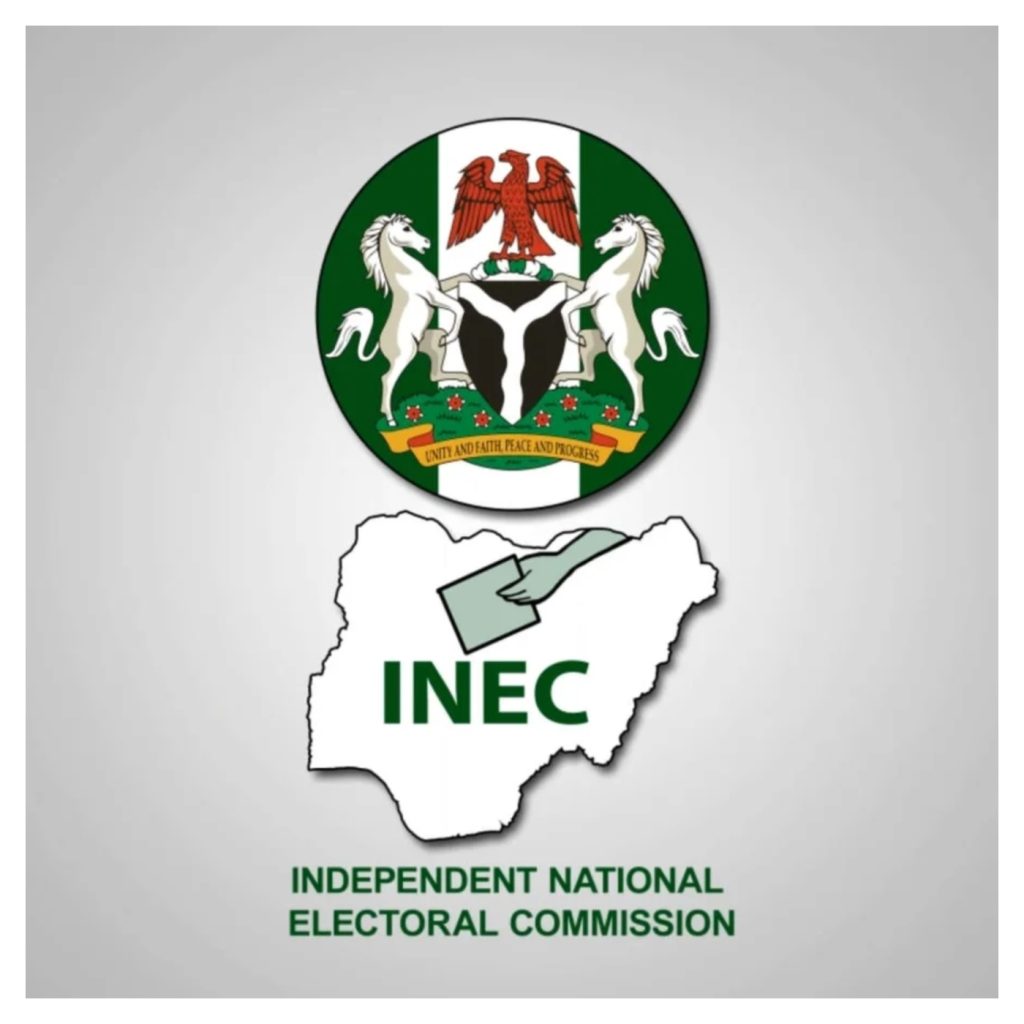A recent development in Nigeria’s petroleum industry has sparked concerns of an impending fuel price hike. President Bola Tinubu has approved a 15% ad valorem import duty on automotive gas oil, also known as diesel, and premium motor spirit, commonly referred to as petrol. This decision was announced in a letter dated October 21, 2025, addressed to the Federal Inland Revenue Service and the Nigerian Midstream and Downstream Petroleum Regulatory Authority.
The approval was given in response to a request by the Federal Inland Revenue Service to apply the 15% duty on the cost, insurance, and freight of imported fuel. This move aims to align import costs with domestic realities. As a result, the current cost of a liter of petrol and diesel is expected to increase by an estimated N99.72 kobo, pushing prices to over N1,000 per liter for most filling stations that rely on imported fuel.
According to recent data from the Nigerian Midstream and Downstream Petroleum Regulatory Authority, the total supply of premium motor spirit for August 2024 and October 2025 stood at 21.68 billion liters. Notably, only 31% of this supply, or 6.67 billion liters, was sourced from local refineries, including the Dangote Refinery, while 69% was imported. This highlights the country’s heavy reliance on imported fuel.
The land cost of imported fuel was N839.97 per liter as of October 21, 2025, which is cheaper than the ex-depot price of N877 per liter offered by the Dangote Refinery. The newly approved import duty tax on petrol and diesel may put Dangote Refinery’s petrol at a competitive advantage. In recent weeks, fuel prices have skyrocketed nationwide following increases in ex-depot prices by Dangote Refinery and depot owners.
The approval of the import duty tax comes at a time when the Federal Inland Revenue Service has issued a directive to financial institutions to deduct a 10% withholding tax on interest earned from short-term securities. As the implementation of the import duty takes effect, Nigerians may face higher fuel prices, which could have significant implications for the country’s economy and citizens. The development is likely to be closely watched by stakeholders and consumers alike, as the country navigates its energy landscape.



